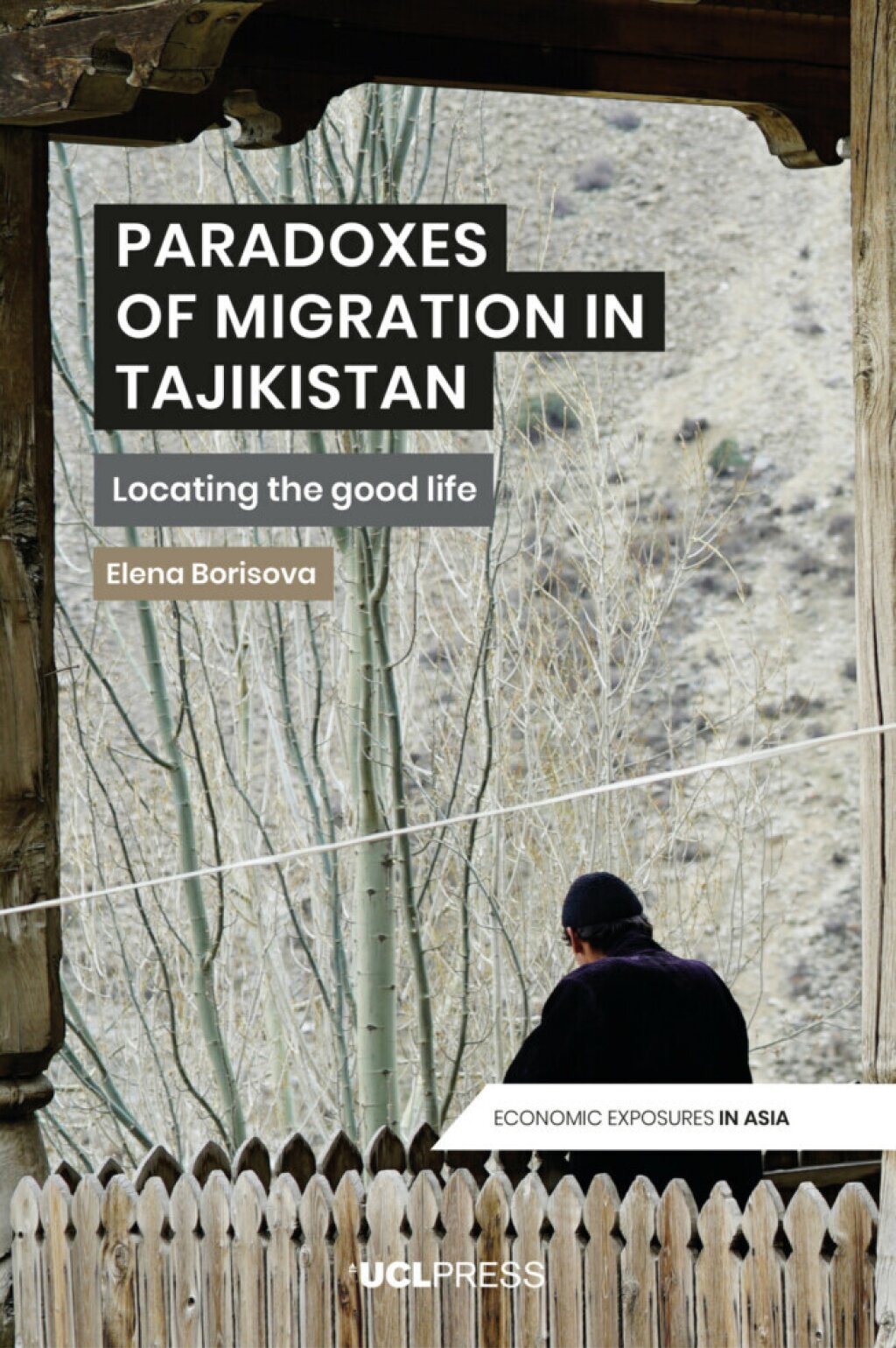This event will be hosted in hybrid format. RSVP to attend in person. Register for the Zoom meeting.
This talk is based on Elena Borisova’s recent book researching what migration is and what it does in rural Tajikistan – one of the most remittance dependent countries in the world. Exploring this dependency, Borisova moves beyond economistic push-pull narratives about post-Soviet migration and foreground the experiences of those who ‘stay put’ and struggle to reproduce their moral communities. In her talk, she will focus on the main paradox of migration her research revealed. One must go to Russia to become recognised as a good person by one’s community, while at the same time going to Russia can undermine the foundations of one’s personhood. This tragic paradox points to the scope and complexity of my interlocutors’ embeddedness within the largely unequal relations of interdependence at difference scales – Russia’s and Tajikistan’s economies, places, ideas and bodies.
She will unpack this ethnographically through looking at the entanglements between migration and people’s preoccupation with crafting themselves as certain kind of modern subjects. She will show that the departure of Soviet modernity followed by the normalisation of mass migration of Tajikistanis to Russian cities has resulted in migration becoming intrinsic to the very project of becoming a ‘modern’ person. Migration to Russia aims to fill the gap not only in family budgets, but also in people’s sense of self. Yet, this gap cannot be closed, as migrants’ presence in the territory of Russia is contingent on subordinating their aspirations for modernity to the physical prowess and docility needed to construct modern life for the Russian middle class.
Elena Borisova is a social anthropologist working on migration, (im)mobility, and citizenship in Eurasia. She holds a PhD from the University of Manchester. She conducted extensive ethnographic fieldwork in Tajikistan, Uzbekistan, and Russia. Currently, she is a Leverhulme Early Career Fellow based at the Department of Anthropology, University of Sussex, working on wartime mobilities of Russians to Central Asia.


